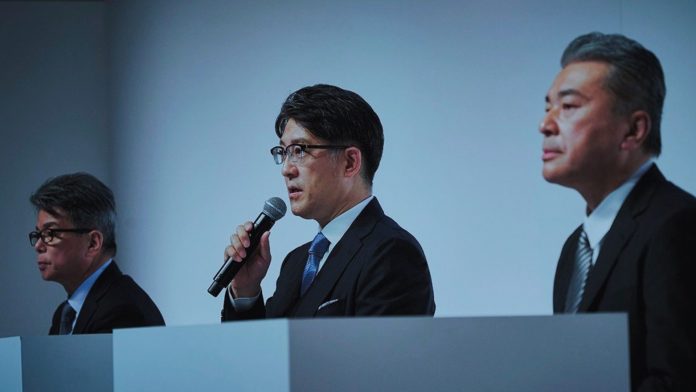On June 14, Toyota shareholders rejected a resolution urging greater disclosure of its climate lobbying, voting down the first investor proposal before the automaker’s annual general meeting in almost two decades.
Despite worries about board independence expressed by well-known U.S. proxy advisers, investors supported all ten board members, including Chairman Akio Toyoda.
By submitting the climate resolution, the Danish pension fund AkademikerPension and two other European asset managers hoped to compel Toyota to divulge more information about its climate change lobbying efforts.
After the board of Toyota suggested that shareholders vote against it, it was widely believed that it would fail. The carmaker’s management often receives a lot of backing from stockholders, including some of its affiliated businesses and suppliers.
Nevertheless, the idea heightened attention to Toyota’s EV strategy and governance before the conference, the first under new CEO Koji Sato. Green investors and campaigners have complained that Toyota hasn’t jumped on board with the growing demand for battery-powered vehicles quickly enough.
Several significant U.S. institutions, including the main public pension CalPERS, had expressed support for the climate resolution and opposition to the re-election of board members, including Toyoda.
Just one day before the shareholder meeting, the world’s largest automaker presented an ambitious plan for EVs that included solid-state batteries and significant productivity improvements, the biggest indication yet of a desire to dominate the EV industry.The automaker claims that EVs are merely one component of its multi-pathway strategy to carbon neutrality, which also includes petrol-electric hybrids and hydrogen fuel cells.
Since consumer needs, EV infrastructure, and renewable energy supply vary per country, its strategy is more realistic and successful at reducing carbon emissions.
However, Toyoda was renominated because he will advance the transformation to a business that offers various mobility services and that its board complies with governance criteria established by the Tokyo Stock Exchange.
Additionally, the carmaker stated that it’s working on an EV platform to cut costs, including an assembly line that does away with the conveyor belt system that has been a staple of the car industry for more than a century.




